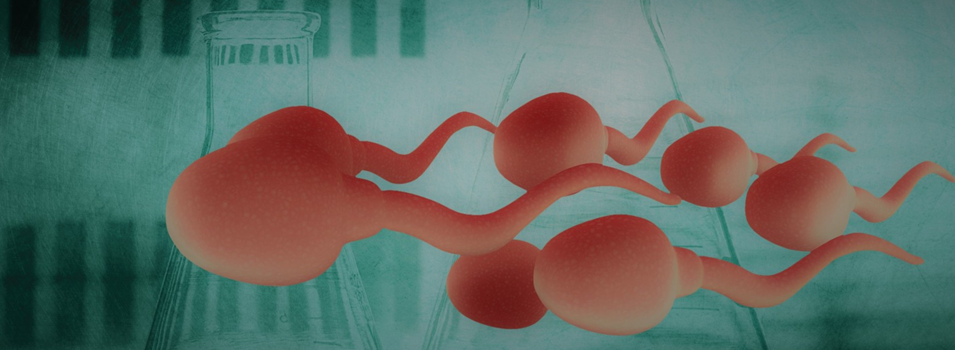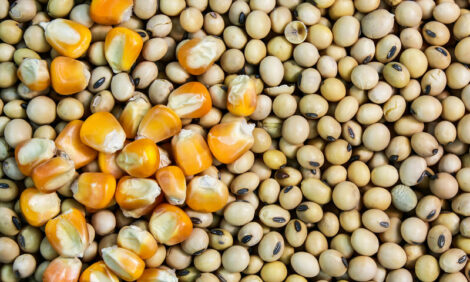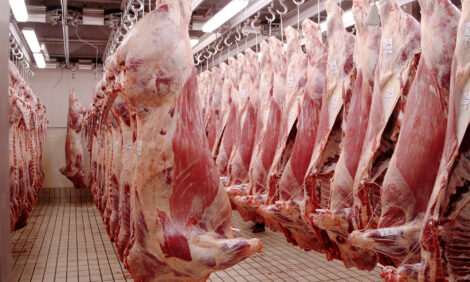



Quality assurance of fresh and frozen semen that is stored on the farm
Genesus Global Technical report.Sow operations requires the following for good performance:
- Genetics
- Biosecurity
- Controlled semen temperature
- Trained personnel
- Gilt management
- Gestation management
- Heat detection accuracy
- Accurate timing of insemination
- Breeding technique
- Nutritional feed in gestation and lactation
Fresh semen
On farm storage will impact reproduction if not done correctly. When the semen arrives on farm it should be immediately put in a semen storage unit that is set at 17c (63F), (preferably off site for Biosecurity reasons). Once the semen is picked up and transferred to the sow barn one should document the delivery date, batch number, number of doses and temperature of storage unit. When doses are taken out for A.I. the date, batch number and the number should also be recorded. This will help to prevent old semen not to be used.
Monitoring semen storage temperature should be done before breeding and before leaving the premises in the later afternoon. This is done accurately by placing an 80 ml bottle with water and a thermometer that is inserted through the stopper. (It will take a few hours for the thermometer to acclimatise to the semen storage temperature, but can be kept inside the unit until you see the volume of water decreasing.) The bottle should be placed in the middle of the fridge.
If doses are removed for insemination and then brought back the semen dose temperature should not exceed 20c (68F) or on the low end 14c (57F). If temperature fluctuates past these points it may have affected the reproduction performance and should most likely be discarded.
Key standards for on farm storage and preventing fluctuation during storage:
- Plug the storage unit into its own electrical circuit and use a surge protector- this will avoid power surges.
- Use a storage unit with a circulating fan
- Keep semen storage unit in a controlled temperature area with even air flow on all sides
- Do not over pack the unit with semen
- Maintain semen storage temp at 16-18c (61-64F)
- Record the arrival and removal of all semen batches
- Record twice daily the temperature of the storage unit AM/PM
- Regularly clean and disinfect the storage unit

Frozen semen
On farm storage will kill sperm if not done correctly and is also very DANGEROUS to human health if not done correctly.
- To avoid injury by frostbite, use extreme care when handling liquid nitrogen.
- Leave no areas of skin exposed
- Always wear proper safety attire, face shield, cryogenic gloves and apron
- Always keep liquid nitrogen container in the upright position
- Do not tightly seal liquid nitrogen container or prevent nitrogen gas to escape
- Use extreme care to prevent spilling and splashing liquid nitrogen during transfer
- Immediately remove any clothing or safety attire which liquid nitrogen has been spilled on
- Get immediate medical attention for any frostbite injuries do to liquid nitrogen
Do not store or use liquid nitrogen in areas that have poor ventilation- The venting of nitrogen will deplete oxygen in the air, possibly leading to asphyxiation or even death.
Filling Liquid Nitrogen must be done with care, slowly pour into the vessel without causing any splash. If filling the Dewar from a pressurised source, make sure the tank is not above 22PSI (1.52 bar) or below.
Measuring Liquid Nitrogen Quantity
- Use wooden or plastic dipstick. Never use a hollow tube to measure liquid nitrogen
- Level will be indicated by frost line, which develops when dipstick is removed
- Check weekly and keep a documented record on the date checked and the amount of liquid nitrogen in tank- This will also show you if the tank is failing if you keep a log manifest
- Order Liquid nitrogen when half the tank has evaporated
The big picture for peak reproductive performance and profitability is achieving high standards. If you compromise these standards, this will affect reproduction and in turn will reduce your bottom line.







